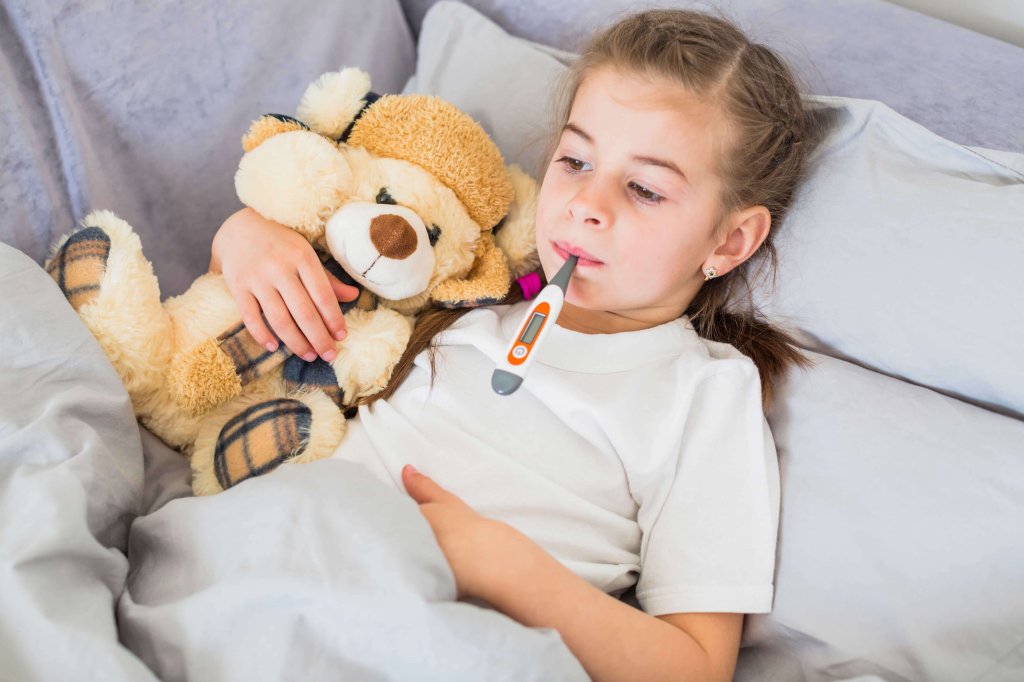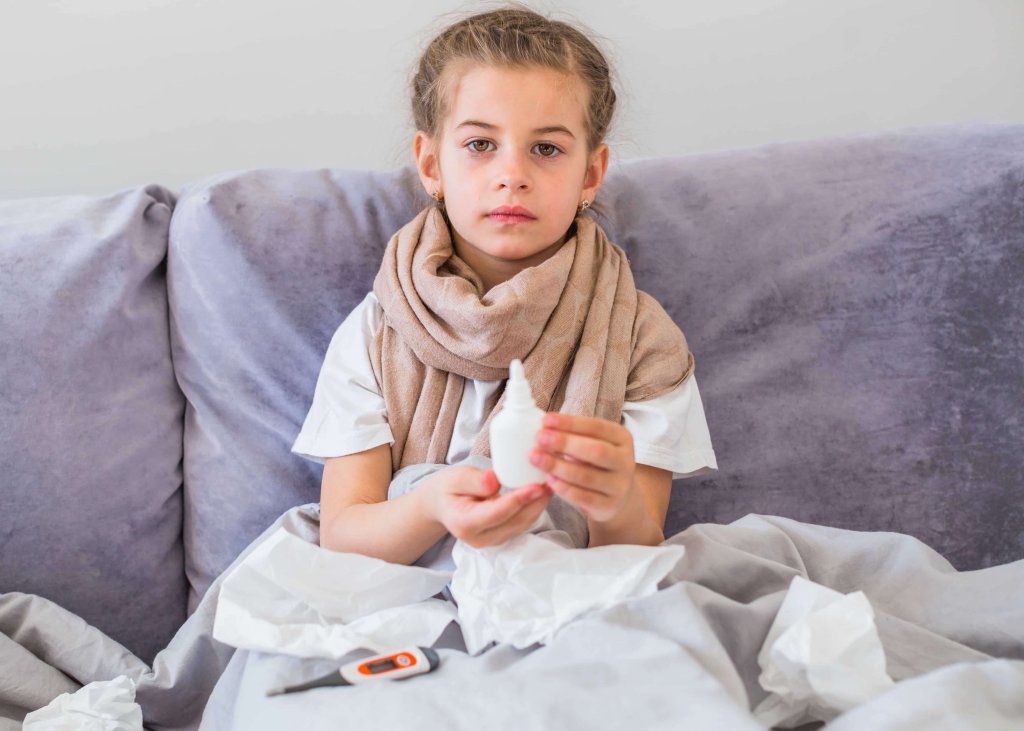Childhood Diseases and Vaccinations
Childhood diseases are typically viral infections that constitute significant health issues affecting children's immune systems. Among these diseases, measles, mumps, rubella, and chickenpox stand out. In this article, you can find detailed information about the symptoms, treatment methods, and prevention strategies for these diseases.
Measles, Mumps, Rubella, and Chickenpox
Measles, mumps, rubella, and chickenpox are common viral infections during childhood. Measles is characterized by symptoms such as headache, high fever, cough, runny nose, and red rashes. Mumps typically involves swelling and pain in the salivary glands, while chickenpox presents with itchy blisters and is highly contagious. Rubella usually manifests with mild fever, swollen lymph nodes, and a rash. These viral infections are commonly seen in childhood and can rarely lead to serious complications.
Symptoms and Treatment
Measles symptoms usually include fever, cough, runny nose, and red rashes. Mumps typically causes swelling and pain in the salivary glands, while chickenpox presents with itchy blisters. Treatment generally focuses on symptom management, rest, and fluid intake. In rare cases, medical intervention may be necessary if complications arise.
Vaccination and Prevention Methods
Vaccination is the most effective method for preventing these diseases. Vaccines for measles, mumps, rubella, and chickenpox are routinely administered during childhood and generally provide effective protection. Vaccines strengthen children's immune systems against these diseases and help prevent outbreaks in the community. It's important to follow the vaccination schedule correctly and administer the necessary doses on time.
Frequently Asked Questions
When is the measles vaccine given to babies?
The measles vaccine is typically administered to babies when they reach 12-15 months of age, with a second dose given between the ages of 4-6 years.
How does chickenpox spread?
Chickenpox is usually spread through airborne respiratory droplets from an infected person's sneezing or coughing, or direct contact. The virus can also spread from the blisters of an infected person.
How long does chickenpox last?
Chickenpox usually clears up on its own within about 1-2 weeks. However, antihistamine medications and local treatments may be recommended to reduce itching.
What causes chickenpox?
Chickenpox is caused by a virus called varicella-zoster virus (VZV). The virus spreads from an infected person to a healthy person through direct contact or airborne transmission.
How does mumps spread?
Mumps can spread through saliva. The virus can be airborne through an infected person's coughing or sneezing, or it can spread through direct contact.
How long does mumps last?
Mumps generally resolves within 1-2 weeks. Rest, fluid intake, and pain relievers may be recommended to alleviate symptoms.
What complications can measles and mumps lead to?
Rarely, measles can lead to inflammation of the brain (encephalitis) or meningitis, while mumps can cause infertility in men or pancreatitis.
In this article, you can find comprehensive information about childhood diseases such as measles, mumps, rubella, and chickenpox. The importance of vaccines and prevention strategies for a healthy future is emphasized. This content is for informational purposes only and provides general information about common health topics. The information presented here should not be used for the purpose of evaluating your individual medical condition or providing treatment recommendations by a healthcare professional. If you have any concerns or symptoms related to your health, please consult a healthcare professional for an accurate diagnosis and treatment. Avoid applying treatment or management strategies on your own before seeking professional medical assistance for any health issues.




